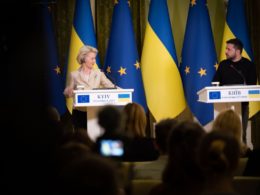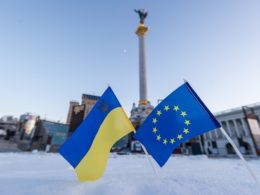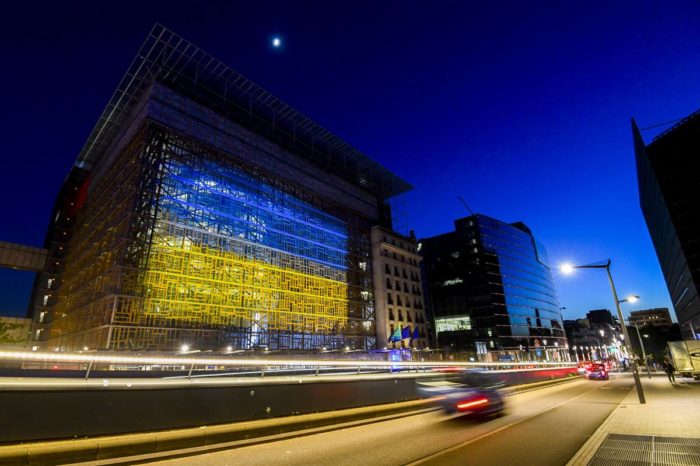The Council of the European Unit decided to prolong by six months, until 31 January 2024, the restrictive measures targeting specific sectors of the economy of the Russian Federation, EU Council reported.
Certain Russian companies and enterprises in the areas of trade, industry, technology, dual-use goods, luxury goods, and transportation remain under restrictions.
The sanctions include a ban on imports of crude oil from Russia, disconnection of several Russian banks from SWIFT, and suspension of licensing of several Kremlin-backed propaganda media.
On 23 June, the EU Council adopted an eleventh package of sanctions against Russia, which included additional sanctions against 87 entities directly supporting Russia’s military and industrial complex, including four Iranian entities producing drones used by Russia to attack Ukraine.
“The European Council reiterates its resolute condemnation of Russia’s war of aggression against Ukraine, which constitutes a manifest violation of the UN Charter, and recalls the European Union’s unwavering support for Ukraine’s independence, sovereignty and territorial integrity within its internationally recognised borders and its inherent right of self-defence against the Russian aggression. The European Union will continue to provide strong financial, economic, humanitarian, military and diplomatic support to Ukraine and its people for as long as it takes,” EU Council wrote.
The European Union intends to create a dedicated fund to support Ukraine’s army for EUR 20 billion over four years, Politico reported on 19 July, citing five diplomats familiar with the plan. Ironically, it is being done via an initiative called the “European Peace Facility.”
EU to create €20bn fund to support Ukraine’s army for years
Related:
- Allies to give Ukraine over EUR 1.5 billion worth in military aid after NATO summit
- Spain sent first Hawk anti-aircraft missile complexes to Ukraine
- Ukraine to run out of air defense missiles, Western fighter jets needed, US military expert says








